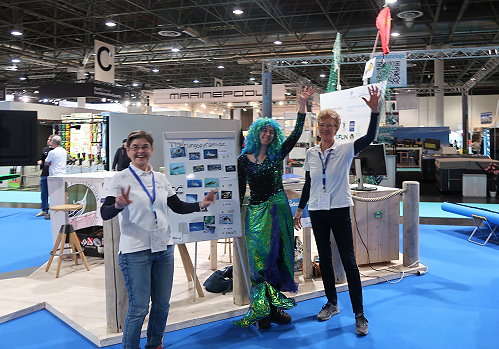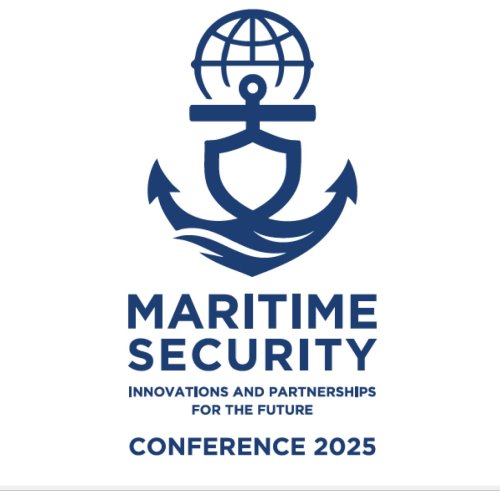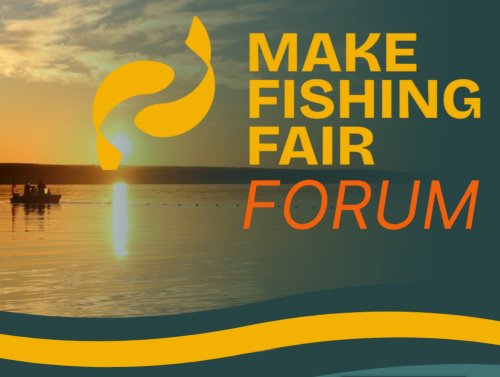Unser Auftrag
Unser Ziel ist, Gesundung, Schutz und nachhaltige Nutzung der Weltmeere zu unterstützen, sowie Verständnis und Achtung für aquatische Ökosysteme mit ihrer biologischen und kulturellen Vielfalt weiter zu entwickeln. Dazu wollen wir sowohl wissenschaftliche als auch wichtige „einheimische“ Erkenntnisse öffentlich verfügbar machen und zur künstlerischen Auseinandersetzung mit dem Thema „Meer“ anregen.
Im Rampenlicht
So können Sie uns unterstützen

Ziele für nachhaltige Entwicklung: Wir arbeiten zur Unterstützung der SDGs
Mehr als 100 Gruppen und Einzelpersonen bis 24 Jahre aus 9 Ländern nahmen am Jugendwettbewerb für die Mundus maris Awards teil.
Read more …



